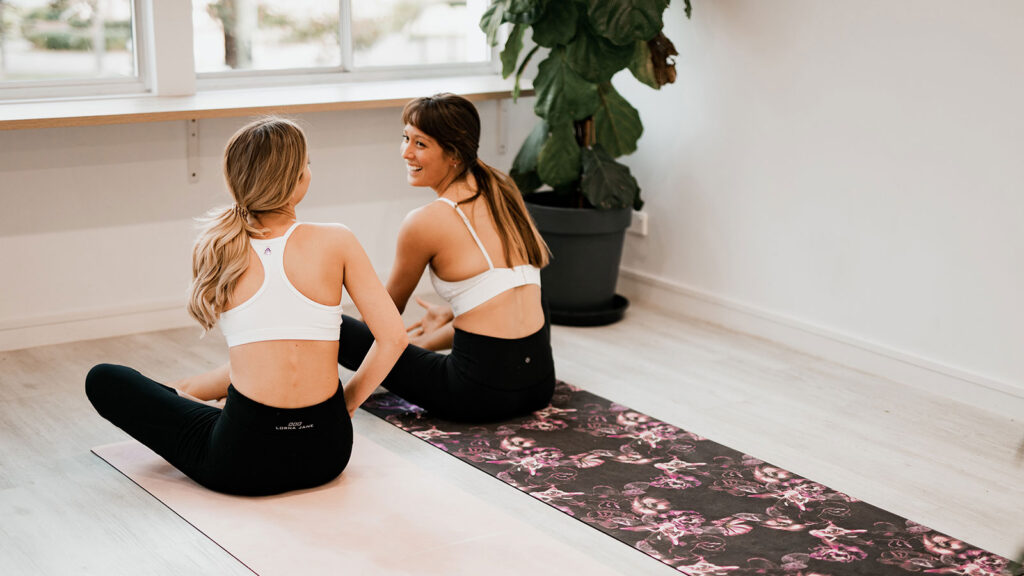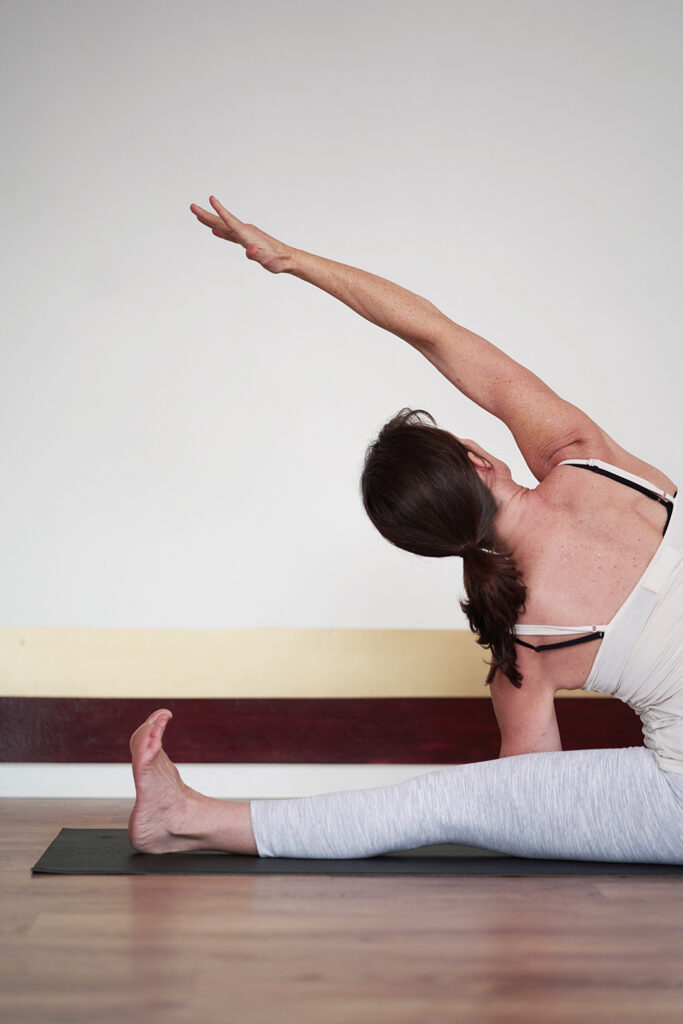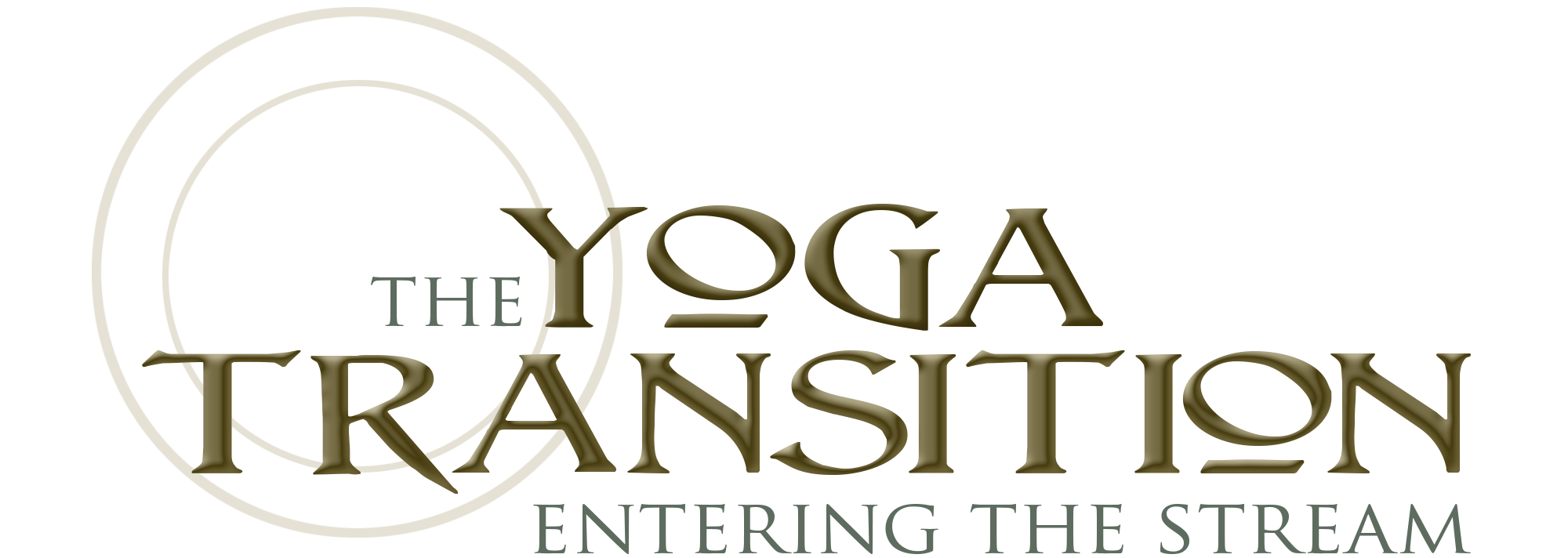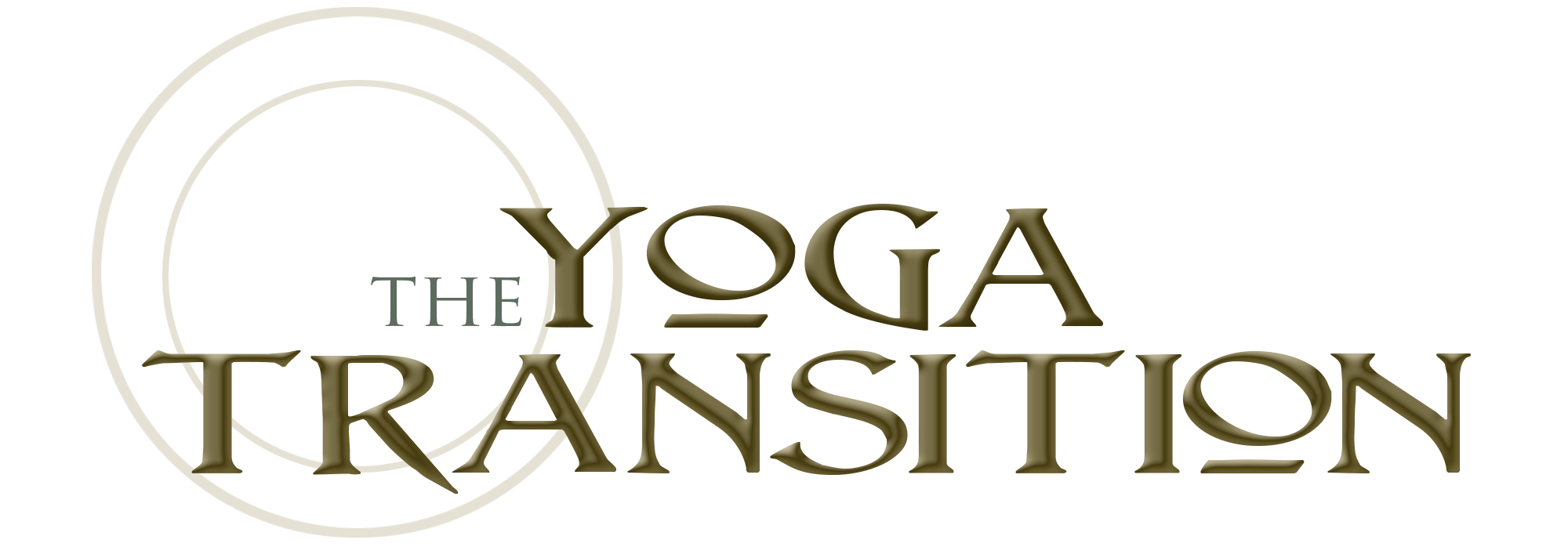
Satyananda Yoga Teacher Training
Satyananda Yoga Teacher Training
Satyananda based his teachings on those of his guru Swami Sivandanda, teaching yoga both as a personal spiritual practice as well as as a life path. The practice is based around the 4 paths of yoga – Karma yoga (the path of service), Bhakti yoga (the path of the heart and devotion), Raja yoga (the yoga of the mind) and Jnana yoga (the path of knowledge). Satyananda classes often have an eastern and esoteric flavour with chanting, chakras and ritual frequently part of the offering.
The Yoga Transition seeks to help motivated yoga teachers progress to the next level in their yoga career by improving their knowledge and ability to teach Satyananda yoga effectively and authentically to their students.
Contact us to find out more.

Are you longing for community and collaboration?
By the very nature of teaching yoga, teachers are often isolated with minimal interaction with other yoga teachers. In this environment, improving and maturing your craft can be difficult as you lack opportunities to connect and learn from peers.
That’s where a structured mentorship environment can help.
The Yoga Transition invites yoga teachers across the globe to join a collaborative community to learn, connect, and enhance their teaching skills with a master teacher - Susan Allen.

Do you want to improve and innovate your teaching?
While many students begin their yoga journey seeking physical wellbeing, the path a teacher walks offers further self-realisation and purpose.
Yoga teachers constantly seek to improve their knowledge of yoga as well as their relationship with students but this can be difficult when you do not have a community of teachers or a mentor for collaboration.
Our yoga teacher mentorship breaks down the common challenges faced by yoga teachers and provides a customised framework for progressing their practice and their teaching skills.
We are here to guide you beyond your initial training and experience. Our objective is to strengthen your teaching skills, refine your understanding of the practice, and to provide a community where you can flourish.
How do you teach Satyananda yoga?
Satyananda yoga extends perhaps the broadest range of yogic practices offered to their students compared to other styles. Whereas some styles of yoga are focused primarily on asana, Satyananda yoga affirms that for the practice to benefit the whole of ourselves we must be well rounded in many elements of the practice.
A typical Satyananda class will involve chanting, asana, pranayama, meditation, ritual and often yoga nidra. Yoga nidra, not to be confused with just any guided relaxation technique, is a unique and powerful practice that Satyananda developed from the ancient tantric system of nyasa; it is a systematic method to relax at the deepest level the body, the nervous system and the mind so that we can experience a clear and pure awareness and become familiar with operating from there.
We help Satynandanda teachers become more proficient in these various elements of the practice, from asana to meditation, through clear guidance and a structured framework of learning. This begins of course with a grounding and structure to one’s personal practice and a clear roadmap of how to bring our insights into our classes to share with our students.
How to convey the transformative benefits of Satyananda yoga
At The Yoga Transition we guide client teachers to be more impactful and intentional in their sequence design, developing the skills to build sequences that move the body, breath and mind in a desired direction. In this way, the yoga then becomes a powerful tool to effect change in our student’s lives and facilitating this change is often the most fulfilling part of sharing yoga in a teaching role.
As Satyananda yoga teachers, we have been fortunate to experience the transformative benefits of this traditional practice. But imparting this acquired knowledge and understanding to our students in clear, succinct language can be a challenging skill to develop.
The Yoga Transition can help you develop your cueing skills, which will allow you to teach Satyananda yoga confidently without demonstrating. This ability to instruct a practice with appropriate, precise and creative cues allows you to be more interactive within the class environment and thereby cultivate a more intimate relationship with your students.
We will also help you build your knowledge of anatomy and biomechanics so you can be more observant of your student’s movement patterns. In addition to the pranayama aspect of each class our mentors will guide you in how to identify dysfunctional breathing habits, a key foundational element for wellbeing. It is only when one has a baseline of healthy breathing that the benefits of pranayama can be gained.


Why consider mentorship?
Mentoring with a master teacher provides you with a clear path to professional development. You will receive personalised guidance on topics ranging from your personal practice, to your teaching skills, to how to move forward with your yoga career.
Most yoga teachers begin their yoga journey in a particular style or tradition, such as Satyananda or Vinyasa. This is useful as the formula of a particular style gives a clear structure to the learning. Then as one’s yoga journey continues, it is common to dabble in different yoga styles and to become curious about previously unexplored aspects of the practice. As the yoga path continues to evolve, we find our own blend – a style of practice and teaching that is unique to our own interests and knowledge that we have accumulated over the years. At this stage, mentoring is at its most effective, guiding and honing to help the teacher find their own voice, to express their individuality, and discover their interpretation of yoga. Working with a yoga mentor will help bring structure and clarity to their unique offering to their students.
Seize the opportunity for personal and career development and to share in Susan Allen’s 20 years experience running multiple yoga studios, teacher trainings, immersions, and retreats.
What will our mentorship cover?
Our yoga mentorship program will cover the following key topics:
- How to develop an authentic teaching style by drawing on your personal experiences
- How to teach a holistic practice that has elements of each of the 4 paths of yoga
- Developing your capability to create effective, artful sequences, including safe sequencing that respects the body’s biomechanics and capabilities
- How to cue effectively without demonstrating so you can be more interactive with your students, including giving more hands-on assists
- How to incorporate the principles and practice of meditation into your Satyananda classes including variations on contemporary mindfulness techniques
- Develop your understanding of the yoga nidra methodology and how to personalise this for individuals
- How to respect the physiology of breathing and understand its significance within the asana practice, thereby encouraging healthy breathing for your clients
- Develop confidence adding chanting into classes or facilitating kirtan
- Develop a framework for progressing from the superficial to the subtle both within your own practice as well as in your teaching skills
- How to start a yoga studio, organise retreats, workshops, and immersions
- How to turn your yoga teaching into a successful business.
In order to effectively craft your yoga career path, we will work with you to:
- Identify the knowledge and skills you need to improve
- Develop your personal practice and understanding of yoga
Set achievable and measurable goals - Be accountable for your development.
What our experience means for you
At the heart of The Yoga Transition is master teacher Susan Allen, an experienced practitioner and teacher of Satyananda yoga.
Two decades on, Susan’s yoga journey continues to evolve and flourish, with Susan crediting her most meaningful growth to the gift of mentoring from the world-class master teachers she has been fortunate enough to study with during her travels.
Susan brings all of this experience to her mentoring. Harnessing her practical and technical skillset, she understands and teaches yoga pragmatically, creating a safe and collaborative space for personal development; disseminating all she has learnt over the years in easy to digest modules, covering personal and professional growth goals.
Develop your yoga teaching style with mentorship
At The Yoga Transition we celebrate individuality through:
- Diving deeper into teaching methodology and different styles
- Steering your practice and teaching in the direction that most interests you
- Encouraging you to discover your unique voice.
Once you have completed your initial teacher training, contact us to find out how mentorship can bring you to the next level.





